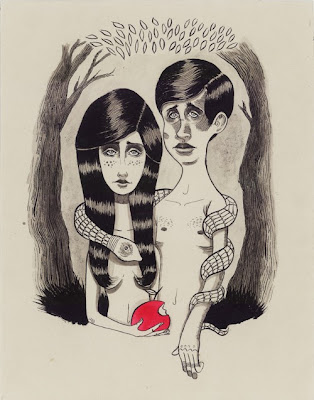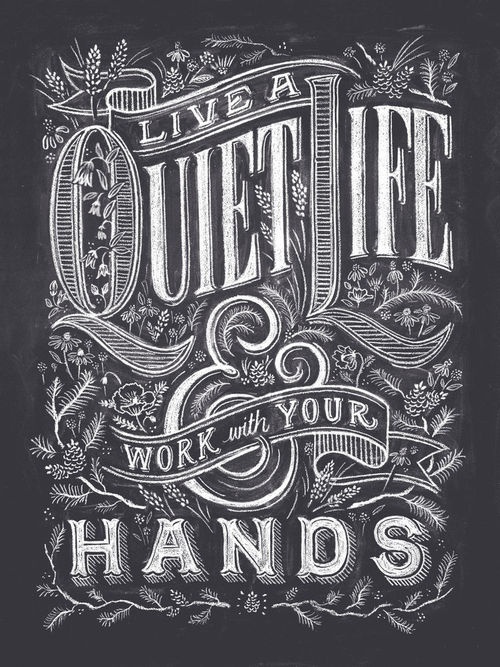Perfect Provision, Perfect Protection
No one has to be convinced that something went wrong somewhere in the bodies and beauty department. Stand in a grocery aisle and figure out how to beat those pesky inches, woo your disinterested man, and find more perfect clothes for perfect bodies. Something has gone wrong. So where?
It was at a tree. A food laden tree. Something good, beautiful, and delectable gone horribly wrong.
It began at the beginning of beginnings, Genesis, where food was made, food was eaten, and where all of our food issues began.
Strange, isn’t it, that one of our principles struggles is still there? With food?
We starve from it, binge on it, measure it out, disgust ourselves with it, pride ourselves on it, obsess over recipes, and TIVO our favorite cooking shows. Rarely do we see food as the perfect provision and perfect protection that it was designed to be. Provided for our health; protection from death.
God created food: a perfect provision for His creation. Then He clearly defined it as right or wrong: a perfect protection for his children. He set up His boundaries, endlessly good ones that felt good too, until they bumped up against the one ‘don’t’ rule: don’t eat of this tree.
Yet this is the tree from which they ate. First the woman and then the man.
Ignoring the plenty and subversively skirting the mandate by a subtle legalism, “God says don’t eat of it AND don’t touch it,” she fell the boundaries that God so lovingly placed on her and him and all of us.
Don’t we do this too? Don’t we see the plenty and choose instead the smaller portion, the lesser good? We add to the boundaries given. Sinking deeply into diets or delectable feasts, feeling helpless against the siren call that is food.
God calls out: Where are you? And we hide, behind exercise, behind enhancement, behind extra weight. We hide.
We hide because it is easier to hide than to be known. We’ve eaten off the tree of knowledge and now we think we know.
Yet still He seeks us. Pursues us. Finds us, shivering and scratching under the weight of man-made garments and expectations. I’m there. Are you too?
And all this because we added to what God said. He gave good boundaries and we made them smaller and tighter, thinking that more rules will keep us safer. God has said don’t eat of the fruit, but we think that it’s safer to just not touch it at all?
This is our great sin. This is our great fall. We add to what God has said and the boundaries become cages. We imagine He is a harsher God than He is.
We eat the fruit thinking it will make us like God and really all it does is make us into our own god. And we are powerless gods, always trying to find things to bulk us, beautify us, fix us.
All the while He is still giving perfect provision and perfect protection. The second time was in a much less beautiful environment. Dark, though midday, the place of the skull. A broken, bleeding, and bruised man. He is saying it is finished and we can hardly believe it is true.
So we are still adding to it. Principles. Practices. Helping God, we think, with clearer expectations on His people and on us. Don’t eat it, we say, or touch it. Or surely you will die.
The truth is that we are finished. Perfect in Christ’s eyes and through His provision. Nothing can be added or removed from you to make you more of who you’re intended to be in Christ.
He looks on you and sees clean, pure, perfect righteousness and beauty.















